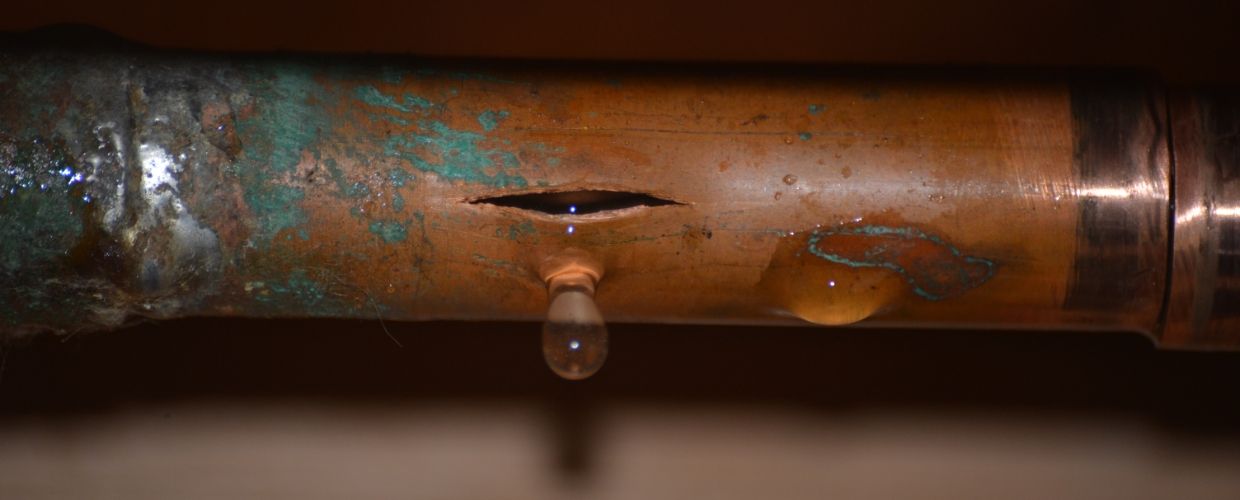The most recent storm that passed through left a wake of damage and flooding to our homes and surrounding area. Whether you found yourself affected by the storm or not, it is important to know what to do in the event of flooding with your basement and HVAC system. Damage to submerged heating, ventilation, water heaters, and air conditioning units is dangerous; as they can malfunction and corrode.
To determine the safety of your HVAC system during a flood, ask yourself the following questions:
- Is your home in a flood-prone area, near a river or lake, or even smaller bodies of water like creeks or irrigation canals?
- Are any HVAC components in your home located beneath water sources like sinks, toilets or bathtubs?
- Do you have sufficient outdoor drainage?
- Do you have a maintenance program? This should include:
- Regular inspection and maintenance of all components
- Calibration of system controls
- Tests and balancing by a licensed contractor
Living on a floodplain increases the likelihood your basement will flood. It’s important to know what to do if that happens.
What happens when your HVAC is flooded?
Basement flooding can result from:
- Rain
- Snowmelt
- Broken sump pump
- Damaged water heater
- Burst pipes
- Backed up sewer and septic lines.
HVAC systems aren’t designed to be submerged. Not only can it cause fire and electric shock, but each submerged surface can also become home to microorganisms that cause health problems.
Floodwater leaves infectious bacteria inside the ductwork and other parts of your HVAC system. This can cause bacteria like E. coli, salmonella, shigella, hepatitis A, typhoid, and tetanus to grow.
Any bacteria present becomes airborne in your home if you turn your HVAC back on without thorough inspection and maintenance or replacement.
Always follow these steps:
- Cut the power before you enter the flooded area to assure no electrical current flows through the water
- Allow the unit to dry before handling
- Don’t turn the unit back on until a licensed HVAC contractor inspects, maintains, and repairs the item to avoid extra damage, fire, or electric shock
Check all gas appliances for water damage. Damage to appliances like heaters and broilers can be hard to spot if the exterior is dry. Call the experts to check for and fix corrosion to valves and controls, and prevent future costly repairs.
And remember to check your electric furnace. Water corrosion can damage its coils, controls, and thermostat.
Better safe than sorry
If your basement floods, leave inspections, maintenance, and repairs to a local, licensed HVAC contractor.
The post Flooding and Your HVAC System appeared first on Precision Tech Home Services.






